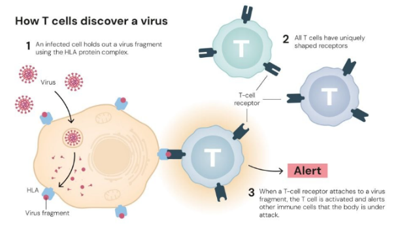You're all caught up—no notifications available.
Explore All Exams at KGS

All Exams
Explore All Exams at KGS
Khan Sir Courses
Geography I Polity I History | World Map I Indian Map I Economics I Biology
UPSC & State PSC
UPSC I BPSC I UP-PSC I MP-PSC
State Exams
UP I Bihar I MP | Rajasthan
NEET | JEE | CUET | Boards
NEET | JEE | CUET | Boards
Defence Exams
NDA I CDS I CAPF I AFCAT I SSB I Agniveer
Police Exams
UP SI | Bihar SI | Delhi Police | UP Constable
SSC Exams
CGL I CPO I CHSL I MTS I SSC GD I Delhi Police
Foundation Courses
Physics I Chemistry I Biology I History I Geography I Polity I NCERT I Math I English | Map I Reasoning
Railway Exams
RRB | RPF
Teaching Exams
TET | Teaching | UGC
Banking Exams
SBI | RBI | IBPS
Engineering Exams
Civil | Electrical | Mechanical
UGC NET
UGC NET/JRF
Current Affairs provides you with the best compilation of the Daily Current Affairs taking place across the globe: National, International, Sports, Science and Technology, Banking, Economy, Agreement, Appointments, Ranks, and Report and General Studies

Syllabus:
GS-3: Science and Technology- developments and their applications and effects in everyday life.
GS-3: Awareness in the fields of IT, Space, Computers, robotics, nano-technology, bio-technology and issues relating to intellectual property rights.
Context:
The 2025 Nobel Prize in Physiology or Medicine was awarded jointly to Mary E. Brunkow and Fred Ramsdell from the USA and Shimon Sakaguchi from Japan for their groundbreaking discoveries on peripheral immune tolerance.
Key Discoveries
The laureates identified the immune system’s security guards, regulatory T cells (Tregs), which prevent immune cells from attacking our own body.
Their discoveries have been decisive for our understanding of how the immune system functions and why we do not all develop serious autoimmune diseases.
Earlier, scientists believed that immune tolerance was primarily governed by the thymus, an organ where potentially self-attacking T cells are eliminated.
Shimon Sakaguchi first identified these Tregs in 1995, challenging the belief that immune tolerance was solely managed by elimination of harmful immune cells in the thymus.
Sakaguchi, Brunkow and Ramsdell were examining sick male mice, and through painstaking elimination and identification of genes.

Later, it was established that Foxp3 gene controls the development of regulatory T cells.
The research clarified that certain autoimmune diseases occur due to mutations in the Foxp3 gene.
The scientists showed how regulatory T cells maintain immune tolerance and prevent overreaction once an infection is cleared.
The discoveries have also led to the development of potential medical treatments that are now being evaluated in clinical trials.
Scientific Significance

NCERT Books
Resources
We love learning. Through our innovative solutions, we encourage ourselves, our teams, and our Students to grow. We welcome and look for diverse perspectives and opinions because they enhance our decisions. We strive to understand the big picture and how we contribute to the company’s objectives. We approach challenges with optimism and harness the power of teamwork to accomplish our goals. These aren’t just pretty words to post on the office wall. This is who we are. It’s how we work. And it’s how we approach every interaction with each other and our Students.
Come with an open mind, hungry to learn, and you’ll experience unmatched personal and professional growth, a world of different backgrounds and perspectives, and the freedom to be you—every day. We strive to build and sustain diverse teams and foster a culture of belonging. Creating an inclusive environment where every students feels welcome, appreciated, and heard gives us something to feel (really) good about.
Get Free academic Counseling & Course Details
